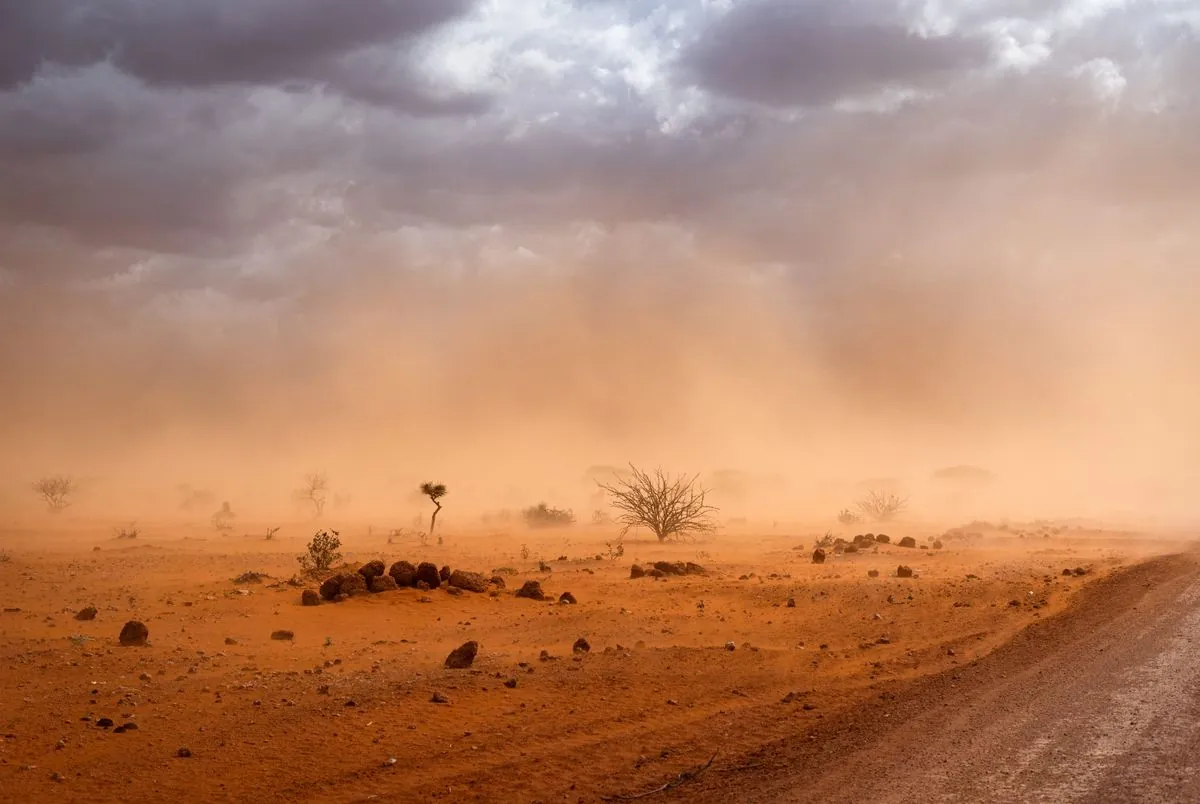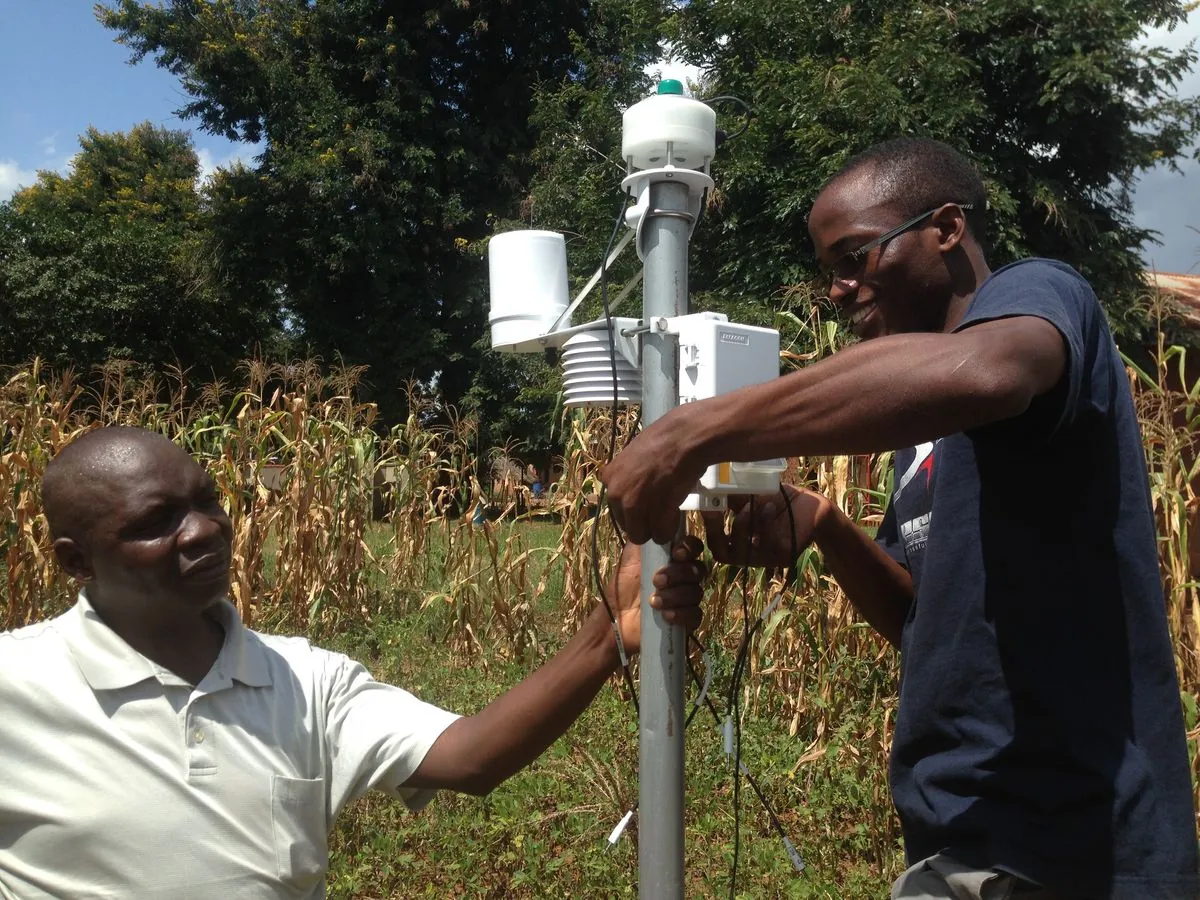African Nations Grapple with Rising Climate Costs, Seek Global Support
African countries face escalating climate change impacts, spending up to 9% of budgets on extremes. Despite low emissions, the continent struggles with adaptation costs and seeks increased global climate financing.

A recent report by the World Meteorological Organization (WMO) highlights the disproportionate impact of climate change on Africa, despite the continent's minimal contribution to global greenhouse gas emissions. The study, titled "State of the Climate in Africa 2023," reveals that African nations are allocating substantial portions of their budgets to combat climate-related challenges.
According to the report, African countries are dedicating between 2% and 5% of their gross domestic product to address climate extremes. These include severe heatwaves, intense rainfall, flooding, cyclones, and prolonged droughts. In some cases, nations are spending up to 9% of their budgets on climate-related issues.
The financial burden of adapting to these changes is particularly heavy for sub-Saharan Africa. The WMO estimates that this region will require $30-50 billion annually over the next decade to implement necessary adaptation measures. This projection underscores the urgent need for increased investment in climate resilience across the continent.

To mitigate the impact of climate disasters, the WMO emphasizes the importance of bolstering meteorological and hydrological services. The organization also stresses the need for rapid implementation of early warning systems to protect lives and livelihoods.
The report's findings come at a crucial time as African nations prepare for upcoming United Nations Climate Change Conference (COP) meetings. These gatherings present an opportunity for African countries to advocate for a larger share of global climate financing. Currently, despite recent increases in funding for climate mitigation and adaptation projects, Africa receives less than 1% of annual global climate financing.
This disparity is particularly striking given Africa's unique position in the global climate landscape. The continent is home to the world's largest desert, the Sahara, which covers approximately 31% of its land area, as well as the world's largest tropical rainforest. These diverse ecosystems play crucial roles in global climate regulation but are increasingly threatened by climate change.
Moreover, Africa's vulnerability to climate change is exacerbated by its demographic and economic characteristics. As the continent with the youngest population and home to over 1,500 different languages, Africa faces unique challenges in implementing widespread climate adaptation measures.
The situation is further complicated by Africa's rich natural resources, including vast reserves of precious metals, oil, and diamonds. While these resources could potentially fund climate adaptation efforts, their extraction often contributes to environmental degradation.
As African nations continue to grapple with these complex issues, the need for global support and increased climate financing becomes ever more apparent. The continent's efforts to adapt to climate change while preserving its unique biodiversity and cultural heritage will be crucial in the global fight against climate change.
"African countries are now losing on average 2%–5% of gross domestic product responding to deadly heatwaves, heavy rains, floods, cyclones, and prolonged droughts."


































